Washington, D.C., Oct. 14 – The 2020 election is an election unlike any other. In the economic expansion prior to the COVID-19 pandemic, the national employment rate for working-age people with disabilities in America was 37.6 percent compared to 77.8 percent for people without disabilities. Further, there continue to be significant disparities in employment outcomes within the disability community that vary from state to state.
There are also significant racial disparities in disability employment outcomes. 38.9 percent of working-age white people with disabilities have jobs, compared to only 29.7 percent of working-age Black people with disabilities, 39.4 percent of working-age Hispanics with disabilities and 43.2 percent of working-age Asian-Americans with disabilities. The pandemic has ravaged the disability community and more than 1 million workers with disabilities have lost their jobs.
The COVID-19 pandemic has cast a clear light on many of most important inequities that define American life. As a nonpartisan national nonprofit organization fighting stigmas and advancing opportunities so people with disabilities can participate fully in all aspects of community, RespectAbility has invited all candidates in the Presidential as well as key Senate and Governor races on both sides of the aisle to submit their answers to a 2020 Disability Voter Candidate Questionnaire.
Question 2 of the Questionnaire was: If elected, what will you do to ensure that the government is removing barriers and promoting high quality, inclusive services built on evidence-based policies, practices and procedures leading to competitive, meaningful careers, which includes promoting entrepreneurial opportunities?
Below, read the answers from the candidates who responded. These responses are listed alphabetically by state:
Democratic Presidential Candidate and Former Vice President Joe Biden:
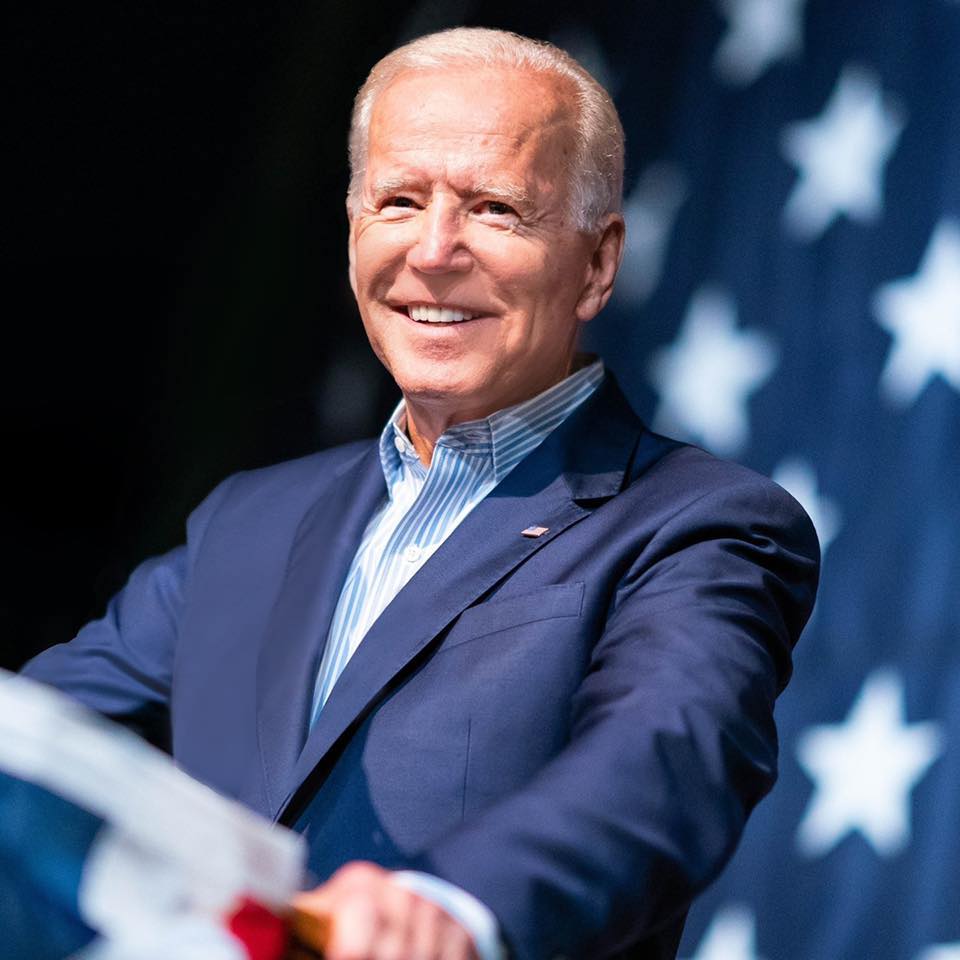
Workers with disabilities deserve equal employment opportunities as well as a powerful commitment from the federal government to break down barriers, like discrimination, that keep them from seeking, getting, and keeping jobs in competitive, integrated employment. My commitment extends to LGBTQ+ Americans with disabilities and people of color with disabilities who, because of their race or sexual orientation, may face unique and especially difficult economic challenges. I will enforce the ADA to ensure that employers do not discriminate against people with disabilities and provide reasonable accommodations for them to succeed at work.
I will phase out the subminimum wage based on disability and work with Congress to ensure that there is funding for impacted employees with disabilities to receive support in competitive and integrated work settings. I will work to pass the Transformation to Competitive Employment Act and expand supported and customized employment by: (1) Providing technical assistance and funding for jobs that allow people with disabilities to put their skills, talents, and abilities to work with reasonable accommodations in settings that include workers who do not have disabilities. (2) Restoring the Department of Justice’s guidance on the application of the Supreme Court’s Olmstead decision to state and local employment services (3) Directing the Department of Education’s Rehabilitation Services Administration to enforce the integrated employment provisions of the Workforce Innovation and Opportunity Act (4) Increasing tax credits to employers, including small businesses, by passing the Disability Employment Incentive Act and (5) Increase funding for state vocational rehabilitation agencies.
Finally, I will provide small business resources for people with disabilities. As President, I will ensure that entrepreneurial training programs funded by the Small Business Administration focus on and benefit entrepreneurs with disabilities. I will also provide incentives for states and local governments to adopt programs that support entrepreneurship and small business development among the disability community.
Read Biden’s full questionnaire response here
Incumbent Democratic Senator Doug Jones of Alabama:
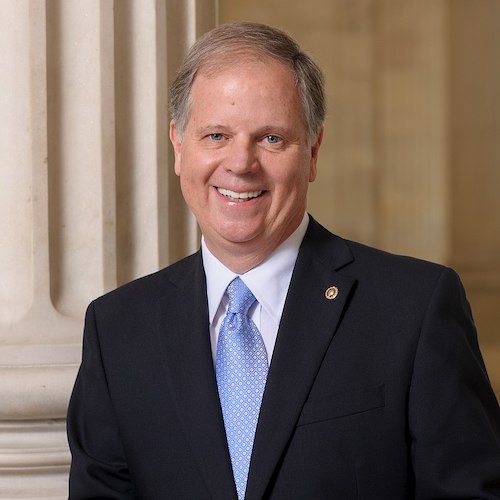
The employment gap is a glaring example of problems faced by people with disabilities. Here in Alabama, 29 percent of people with disabilities who want to work have jobs, while 31 percent live at or below the poverty level. Alabama ranks 46th in terms of the employment gap between those with disabilities and those without. This is unacceptable, and we must do more to close this gap.
Along with the unemployment gap, there is also the issue of underemployment – where people with disabilities work jobs beneath their skill level. As a nation, we shortchange ourselves through this practice. Hiring practices in the public and private sectors should be reflective of our country, and too often people with disabilities are overlooked.
We must do a better job of providing access to job training and educational opportunities to qualified individuals with disabilities in order to help them reach their maximum potential.
I support protecting the Americans With Disabilities Act and the Rehabilitation Act. At the end of the day, it’s about more than elevators, ramps and curb cuts. Far too often, fair and equitable treatment for people with disabilities is overlooked, and we must do more to ensure that they have equal opportunities to succeed.
Read Jones’s full questionnaire response here
Democratic Senate candidate and former Colorado Governor John Hickenlooper:

Hickenlooper has worked to advance employment opportunities for everyone. As Governor, Hickenlooper signed legislation committing state resources to support a collaborative multi-agency approach to increase employment opportunities for persons with disabilities. As Senator, Hickenlooper will continue this work and fight to close employment gaps by providing diverse cohorts of students the on-the-job training they need to succeed in the economy of the future.
Read Hickenlooper’s full questionnaire response here
Incumbent Democratic Governor John Carney of Delaware:

This COVID-19 pandemic has devastated the economy and jobs in Delaware and across our country – and this crisis has presented unique challenges for Delawareans with disabilities. But the single best way to get all Delawareans back to work, and get our children back in school, is to seriously confront the threat of COVID-19. We cannot have a healthy economy without healthy communities. We also owe our support to Delaware families who have lost jobs and income, and to Delaware small businesses who have made real sacrifices throughout this crisis. We recently announced a $100 million grant program – DE Relief – to provide real assistance to keep Delaware small businesses afloat during this challenging time. This program has funding specifically for entrepreneurs starting a business or existing small business owners looking to change their business model to be responsive to the COVID-19 pandemic.
Read Carney’s full questionnaire response here
Incumbent Republican Governor Eric Holcomb of Indiana:
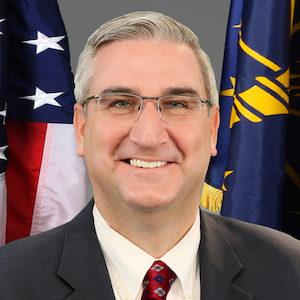
Crouch’s task force report outlined recommendations for the administration and General Assembly to further improve services for Hoosiers with disabilities. The recommendations provide information on existing services, identifies gaps in services and proposes recommendations that will not only improve services and support, but will also promote greater community opportunities for Hoosiers with intellectual and developmental disabilities. The entire report may be found on the Indiana Family and Social Services Administration’s website.
Read Holcomb’s full questionnaire response here
Democratic gubernatorial candidate Dr. Woody Myers of Indiana:
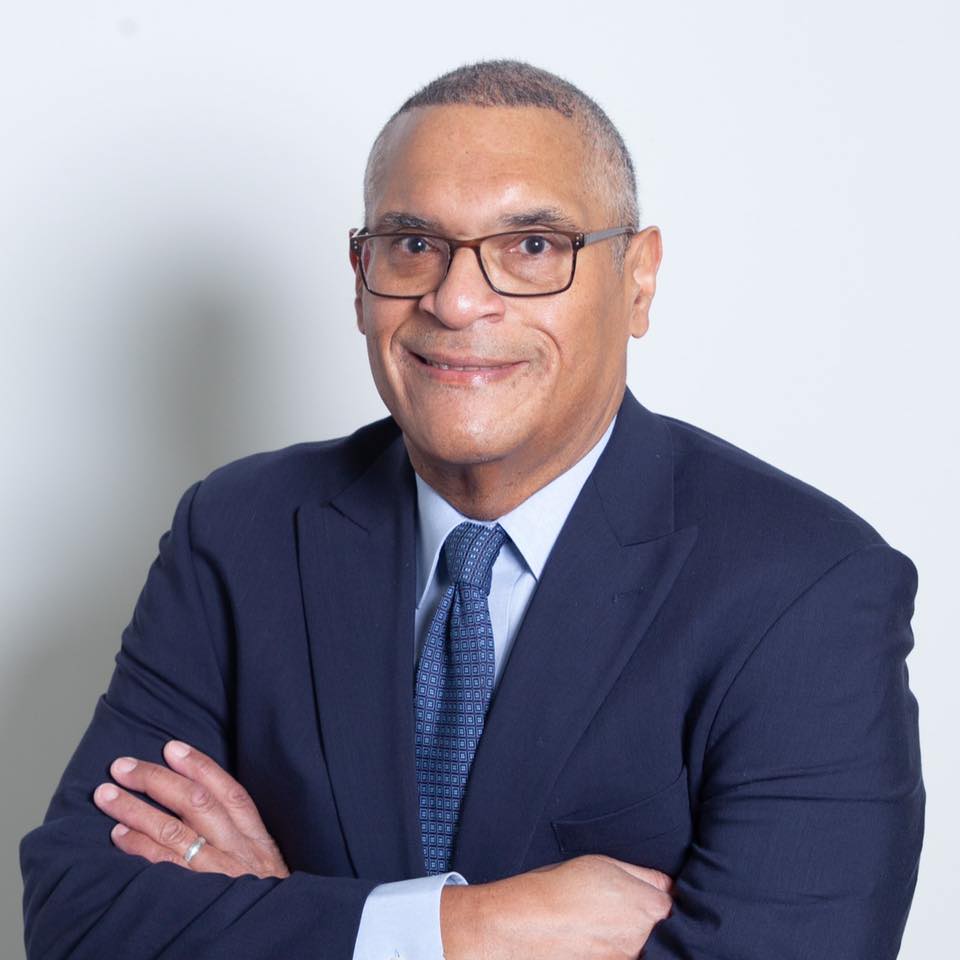
It’s no secret that Indiana needs to expand opportunities for work to many more people with disabilities – with work that is meaningful and supports their desire to live more independently. While we have seen many employers move aggressively in this area – (Old National Bank and Toyota are just two examples with noteworthy results) more must be accomplished. We need additional employment options – with government (the public sector) leading by example. When elected as Governor, the expansion of employment and careers for the disabled will be a hallmark of my administration. We’ll need to expand efforts to support students with disabilities going to work and building a career after school and assisting students with disabilities in obtaining advanced post-secondary training. We will modernize and redesign our service system by assessing and remedying current flaws. We will work with the public and private sectors to expand opportunities for meaningful and sustainable work for more people with disabilities – so that they have the resources and support needed to live more independently and fully participate in their communities.
Ready Myers’s full questionnaire response here
Democratic Senate candidate Theresa Greenfield of Iowa:
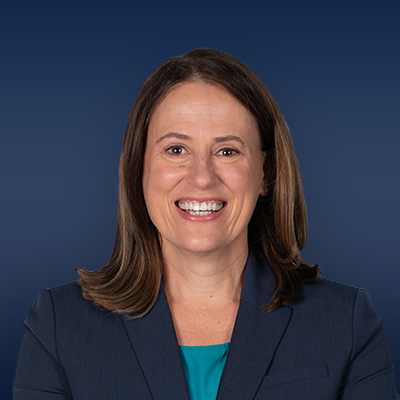
We need leaders who will follow and trust the science, while recognizing and taking action to address systemic racism and discrimination in housing, employment, policing, education and so much more.
Read Greenfield’s full questionnaire response here
Incumbent Republican Senator Susan Collins of Maine:

I have also worked to advance policies to support people with disabilities in the workplace and remove barriers to obtaining meaningful careers. Unemployment data pre- COVID show that we can do better — while nearly three quarters of Americans without disabilities were employed, only a third of those with disabilities had jobs. I have examined this issue through a series of hearings on the Aging Committee as well as an extensive, bipartisan report issued in December 2017, “America’s Aging Workforce: Opportunities and Challenges”. This report investigates challenges facing older workers, particularly those with disabilities, and highlights the business case for hiring, retaining, and supporting these workers, as well as policies that benefit workers and their families. These policies would allow for the flexibility of individuals to carve their own career paths, allow employers the flexibility to creatively meet the individual needs of their workers, and support family caregivers.
Read Collins’s full questionnaire response here
Democratic Senate candidate and Speaker of the Maine House of Representatives Sara Gideon:

I believe that every Mainer deserves the opportunity to grow and succeed without facing discrimination or a system that works against them. That’s why I’ve fought for disability rights in the State House, and I will continue that fight in the Senate. Here in Maine, we’ve passed legislation to expand and protect health coverage for disabled Mainers by prohibiting insurance companies from denying essential benefits based on disability and we passed a bill increasing the reimbursement rate for direct caregivers that work with individuals with disabilities. We took action to restore Maine’s low-cost drugs program for disabled Mainers to cover an additional 1,800 people to make sure they would have access to their life-saving medication at an affordable price. We’ve worked to prevent employers from paying disabled Mainers less than the minimum wage and provide educational and technical assistance for deaf and hard of hearing children to ensure they have individualized education programs that meet their needs. That’s the kind of leadership we need at the federal level–and I’m ready to bring that commitment and bold action to the Senate.
Read Gideon’s full questionnaire response here
Democratic Senate candidate and current Montana Governor Steve Bullock:

During my tenure as Governor, Montana has provided pre-employment transition services to youth with disabilities, offered internships and work-based learning for people with disabilities in state government, and promoted inclusive hiring practices with Montana businesses and provided training in workplace inclusion. In the Senate, I will support full funding for vocational rehabilitation services, work to phase out the subminimum wage, encourage the Small Business Administration to include people with disabilities in its entrepreneurial training initiatives, and support funding for businesses to provide accommodations to employees with disabilities.
Read Bullock’s full questionnaire response here
Incumbent Republican Senator Steve Daines of Montana:
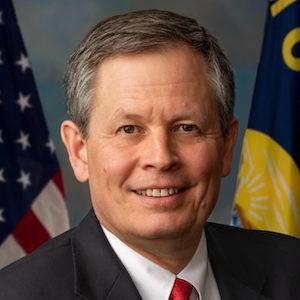
As a chemical engineer, I know how to solve problems and get results. Ensuring those with disabilities have the necessary opportunities and resources to compete in today’s work force is no different – that’s why I will always work with Montana families and students to support programs that drive results. All Americans should have the opportunity to live a meaningful life full of purpose. I’ve been a proud supporter of NIH funding to support scientific research programs related to learning disabilities, rehabilitation, and other helpful services for those with disabilities as well as have introduced the Autism CARES Act, which expands Autism Spectrum Disorder (ASD) research at the NIH, as well as promotes ASD education, early detection and intervention activities. I will always support elevating those with disabilities and giving them and their families the tools they need to succeed.
Read Daines’s full questionnaire response here
Democratic candidate for Governor and current Montana Lieutenant Governor Mike Cooney:
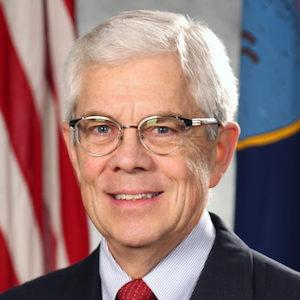
My “Keep Montana Working” plan focuses on promoting meaningful, good-paying jobs for all Montanans, including folks with disabilities. As governor I will create the Office of Economic and Workforce Development, which will work to ensure Montana’s businesses have what they need to grow and prosper, and will have resources and guidance to help businesses ensure they afford those opportunities to everyone, especially Montanans with disabilities.
Read Cooney’s full questionnaire response here
Libertarian Senate candidate Bob Walsh of New Mexico:
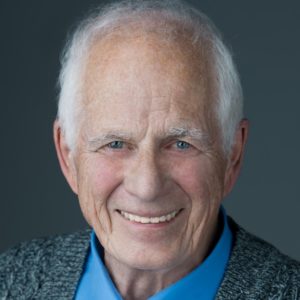
Whether our disabilities are minor or severe, whether they are apparent or hidden, we want to be treated like equal adults, not like children. We want to be identified by our skills, not our disabilities. Andrea Bocelli is an opera singer, songwriter, tenor, and record producer, not “that blind guy.” We do not want anyone giving us special treatment, especially spouting such bureaucrat-speak as “evidence-based policies and procedures.” The barriers to be removed are government barriers that limit economic development. We should deregulate businesses; deregulate employment, especially when the employer is an individual; remove tariffs and encourage immigration. We need more opportunities for us to use our skills, regardless of our disabilities.
Read Walsh’s full questionnaire response here
Democratic Senate candidate Cal Cunningham of North Carolina:
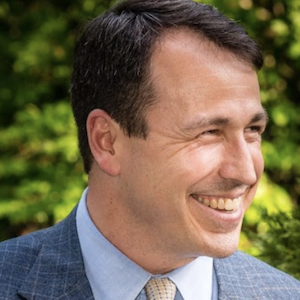
Creating economic opportunities for all North Carolinians, including North Carolinians with disabilities, starts with federal policies that champion workers, not those that further concentrate wealth and economic opportunities in the hands of a few. That means enacting policies that create more jobs here in America and ensuring those jobs pay a living wage, include good benefits like health care coverage, enforce worker protections that promote the health and safety of workers and remove barriers faced by individuals with disabilities. It’s also far past time that we address economic inequality due to institutionalized racial discrimination and the resulting disparities in inter-generational wealth. We need innovative policies that break down historical barriers and encourage capital investment in communities of color and minority-owned businesses to reverse the legacy of economic injustice. Together, we can work to create more economic opportunities for North Carolinians with disabilities and ensure those opportunities lead to safe, secure and meaningful employment.
Read Cunningham’s full questionnaire response here
Incumbent Republican Senator Thom Tillis of North Carolina:
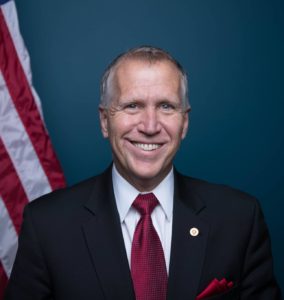
I believe that every American should have a fair and equal opportunity to pursue the American Dream and achieve self-sufficiency. This starts with an inclusive and appropriately tailored education and requires a sustained commitment to making supportive services available to all who need it. Every one of us has different needs, and my goal has always been to ensure that every North Carolinian has access to the services they need to succeed and thrive in the land of opportunity.
As North Carolina’s Speaker of the House, I fought to ensure that services for those living with disabilities are considered medically necessary, thereby requiring health insurance providers to cover those services. I fought to maintain the sustainability and quality of our state’s Medicaid program, especially for those with intellectual and developmental disabilities, so that we can honor the commitments we have made and ensure that such critical services will be available to future generations. In the U.S. Senate, I worked to ensure parity in coverage of those services for children of military servicemembers and I urged the administration to provide relief to Medicaid providers who support and care for people with intellectual and developmental disabilities. I championed legislation to ensure that patients with pre-existing conditions cannot be denied coverage or charged more due to their pre-existing condition, and I am proud to support the ABLE to Work Act, which makes it possible for those living with a disability to save a portion of their income without risking a loss of benefits.
Read Tillis’s full questionnaire response here
Incumbent Democratic Governor Roy Cooper of North Carolina:

North Carolina is at its best when all people have the opportunity to achieve their potential and live lives of purpose. In 2019, I signed Executive Order 92, Employment First for North Carolinians with Disabilities, to increase opportunities for fair wages, employments, and careers for individuals with disabilities. I directed state government to lead in recruiting and creating an inclusive job environment for workers with disabilities.
The Executive Order directs the North Carolina Office of State Human Resources to collaborate with the Department of Health and Human Services to enhance recruitment and outreach efforts to potential workers with disabilities and to identify and attract qualified individuals with disabilities for state employment.
Increasing employment for people with disabilities increases independence, and is good for businesses with lower employee turnover, increased productivity and access to a broader pool of skilled workers.
In partnership with North Carolina Business Committee for Education (NCBCE), I also launched the Linking Inclusion in Information Technology (LiNC-IT) internship program, an innovative work-based learning program that provides internship opportunities in technology for individuals with autism spectrum disorder.
Read Cooper’s full questionnaire response here
Democratic congressional candidate Moe Davis of North Carolina:
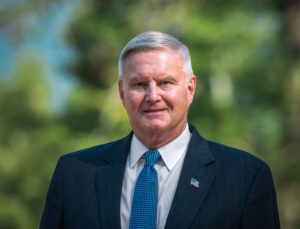
I was a hiring authority numerous times in the military and in the federal government. I have an actual record of having people with disabilities working for me. As a judge with the U.S. Department of Labor, I have a record of ensuring individuals with disabilities were treated fairly and adequately compensated.
I will focus on access to information and communication technologies needed to reduce barriers, including technologies for cognitively impaired citizens. It is especially important for students and adults with disabilities to have access to broadband and the devices the rest of Americans have taken for granted when applying for jobs and conducting their lives in a myriad of ways. Cognitively disabled citizens’ access to information has been largely overlooked and has hindered their full and active inclusion in the workforce. Communication technologies are especially important for those with communication problems and can help to level the playing field for those workers and students.
Covid-19 has made apparent that communication technologies are absolutely essential for those with cognitive disabilities to communicate with their physicians and loved ones if they live in group homes or are otherwise separated from family and support systems.
Read Davis’s full questionnaire response here
Democratic Lieutenant Governor and candidate for Vermont Governor David Zuckerman:

Many people with disabilities face discrimination and barriers that restrict them from participating in society on an equal basis. We must prioritize legislation that incorporates equity and funds inclusive services. We must provide incentives and support to Vermont businesses to hire people with disabilities and ensure that schools are providing education that meets each child’s needs. We must expand public transportation options so those who are disabled do not become isolated.
As Governor, I will improve broadband access to our smaller towns and communities across the state. This will allow our disabled Vermonters, creative citizens and entrepreneurs, the opportunity to work where they live. So many disabled folks had been artificially restricted from career opportunities based on the false notion that it would have impossible to do that work in a different setting. The coronavirus pandemic has taught us otherwise. Broadband will drastically improve career options for disabled Vermonters across the state who wish to work from home.
Read Zuckerman’s full questionnaire response here
Democratic Governor candidate and Kanawha County commissioner Ben Salango of West Virginia:

As governor, I will establish a business start-up assistance program for injured veterans who want to start their own businesses — similar to the UKAN program I spearheaded as Kanawha County commissioner.
As governor, Ben will expand broadband access across West Virginia. Your personal mobility or where you live should not affect your ability to work or run a business, and a Salango administration will fight to make sure everyone can access broadband.
Read Salango’s full questionnaire response here
RespectAbility is a nonprofit, nonpartisan organization that fights stigmas and advances opportunities so people with disabilities can fully participate in all aspects of their communities. RespectAbility does not rate or endorse candidates. View more coverage of 2020 candidates.
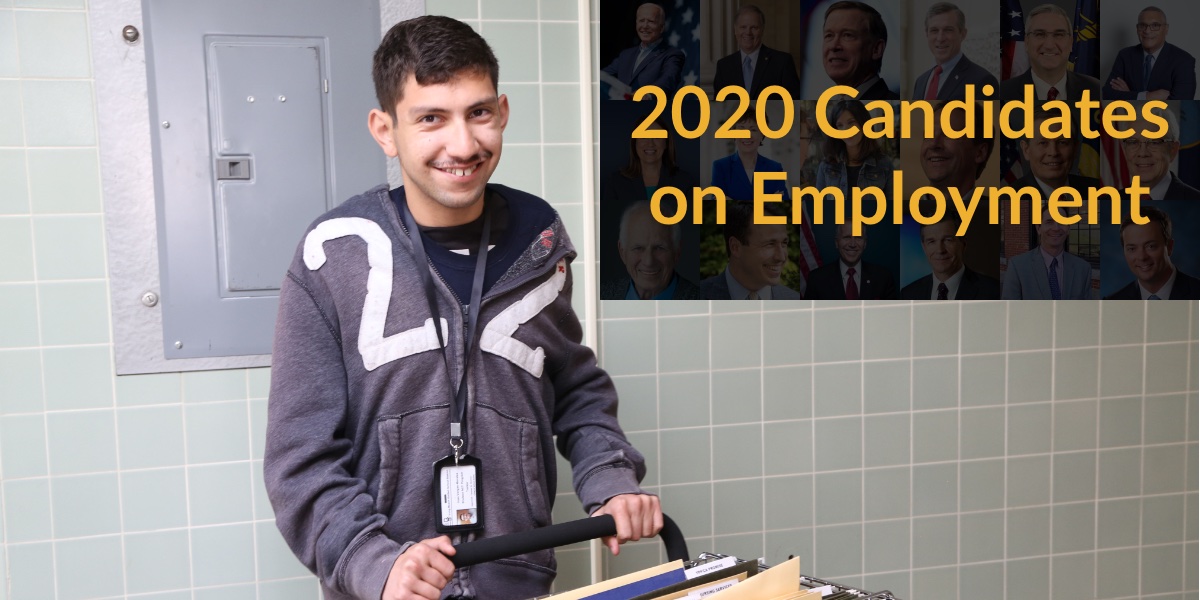
Be First to Comment